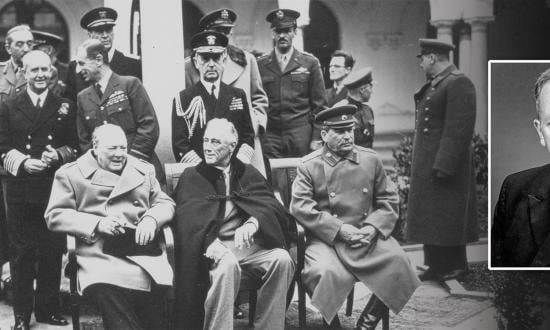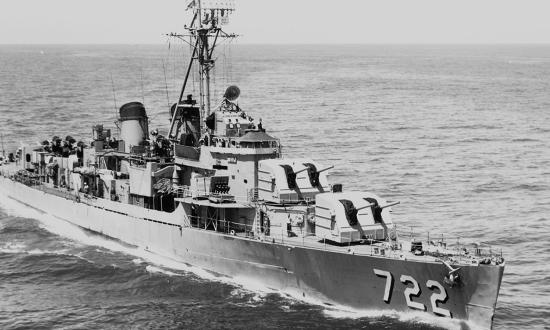Since its founding in 1873, the Naval Institute has taken its inspiration from John Adams’ “Let us dare to read, think, speak, and write,” providing an independent forum for authoritative, professional writing on the issues affecting, challenging, and advancing sea power. This has not always been an easy road—for either Proceedings or its authors.
In his 1973 essay for the Naval Institute’s centennial, “The First Hundred Years Are . . .,” retired Navy Captain Roy C. Smith III noted that “the question often arises as to how much control the Navy Department exercises over the Institute and to what extent its publications are censored.” While he acknowledged direct censorship was rare, he recalled one instance in 1903 regarding Professor Philip Alger’s prize-winning essay, “Gunnery in Our Navy, The Causes of Its inferiority and Their Remedies.”
Alger graduated from the Naval Academy in 1880, served on the China Station, in the Bureau of Ordnance, and on board the USS Pensacola. In 1890, he transferred to the Corps of Professors of Mathematics—although he remained in the Bureau of Ordnance until assigned as head of the Department of Mechanics at the Naval Academy in 1899. A recognized thinker and authority on naval ordnance, he published regularly in Proceedings and would serve as Secretary and Treasurer of the Institute from late 1903 until his death in 1912.
“[Alger’s] paper was not at all inflammatory,” Smith wrote. “It was a scholarly, constructive, and comprehensive dissertation by an acknowledged expert in the field. It not only showed why our Fleet gunnery was inferior, but what had to be done to cure it. Because the paper was so comprehensive, the Board decided to refer it to the Bureau of Navigation for clearance, though there was no requirement to do so.”
Smith then recounted the upshot of that decision:
Permission to publish the essay in the Proceedings was flatly denied, but 825 copies were authorized to be printed in pamphlet form. At the Bureau’s direction, 25 copies were given “confidential distribution” to selected officers, and the remaining 800 were “to be kept boxed up, under seal in the Institute’s office . . . not to be released until permission has been received from the Bureau of Navigation.” . . .
Later, the Bureau did authorize sending copies “to various Commanding Officers under the same safeguards as observed with the Monthly (Intelligence) Bulletin; they are to be returned to the Commanding Officers as soon as they have been read, and will then be destroyed, but officers may make such notes as they desire and their comments are invited (emphasis supplied).
The rest of the copies were eventually destroyed, but there is no record of when this was done.
“This was an extreme case,” Smith admitted, but he noted that pressure for control of Proceedings’ content continued.
The 1941 Prize Essay, “The Diplomacy of a Two-Ocean Navy,” was not published in the Proceedings, presumably for lack of clearance from the State Department, and the 1965 Prize Essay on “Sea-Based Air Striking Power” was denied clearance on security grounds. Today, fortunately, both the Department and the Board of Control, when reviewing manuscripts, seem to agree with Homer’s lines:
“To speak his thoughts is every freeman’s right; In peace and war, in counsel and in fight.”



![Though his winning Prize Essay never made it to the pages of Proceedings, Professor Philip Alger believed in the power of the open forum. As Lieutenant Commander Roy Smith wrote in Proceedings in October 1923, “Professor Alger’s advice to [Naval Academy] graduates was always to take up a specialty; and he advised them further that in no other way could they keep in touch with their profession save by careful study of the progress marked out in the Proceedings.”](/sites/default/files/styles/hero_image/public/LWF-PRO-3-24%201%20Hero.jpg?itok=G73a-fvi)
![Though his winning Prize Essay never made it to the pages of Proceedings, Professor Philip Alger believed in the power of the open forum. As Lieutenant Commander Roy Smith wrote in Proceedings in October 1923, “Professor Alger’s advice to [Naval Academy] graduates was always to take up a specialty; and he advised them further that in no other way could they keep in touch with their profession save by careful study of the progress marked out in the Proceedings.”](/sites/default/files/styles/embed_small/public/LWF-PRO-3-24%201.jpg?itok=VOXDx_GX)




